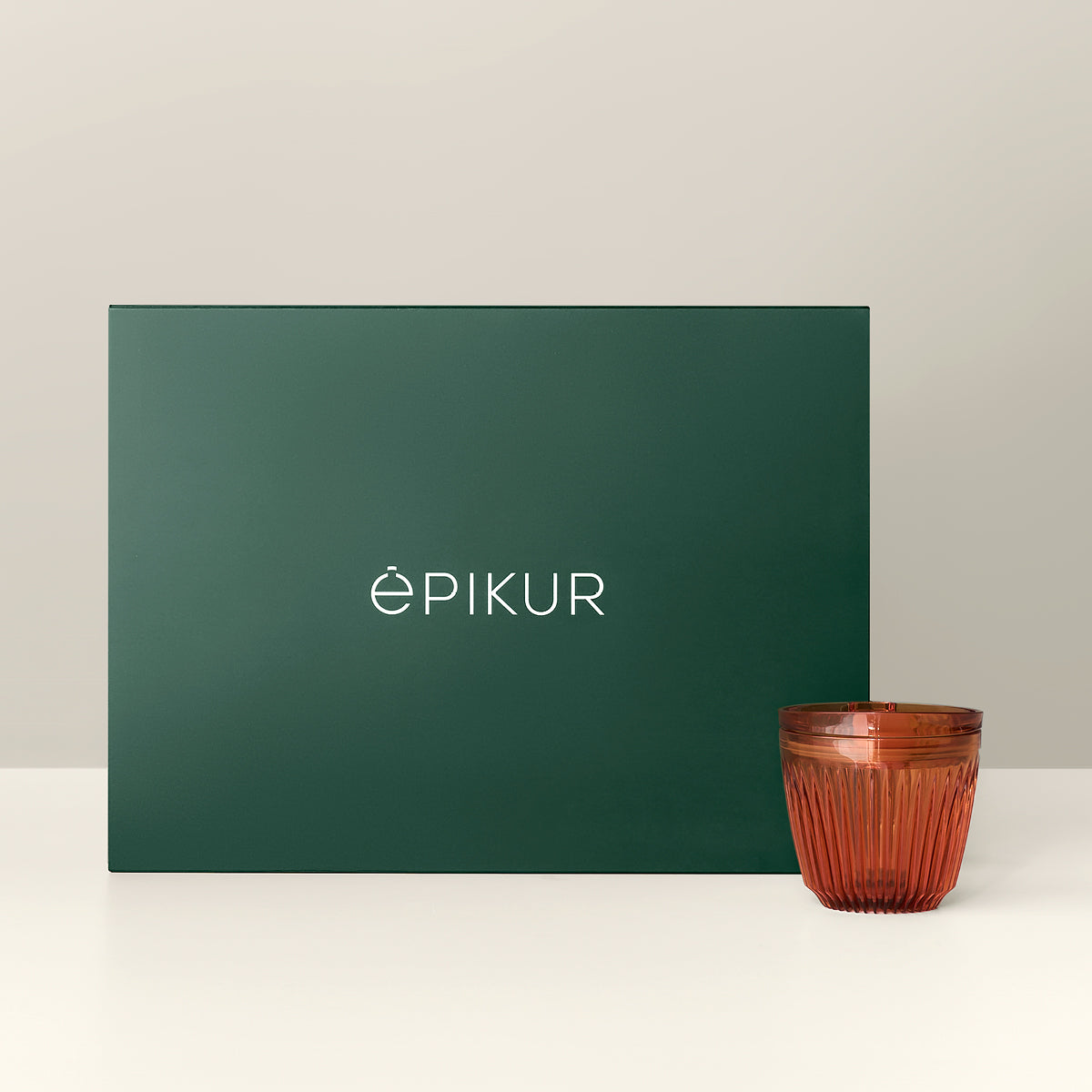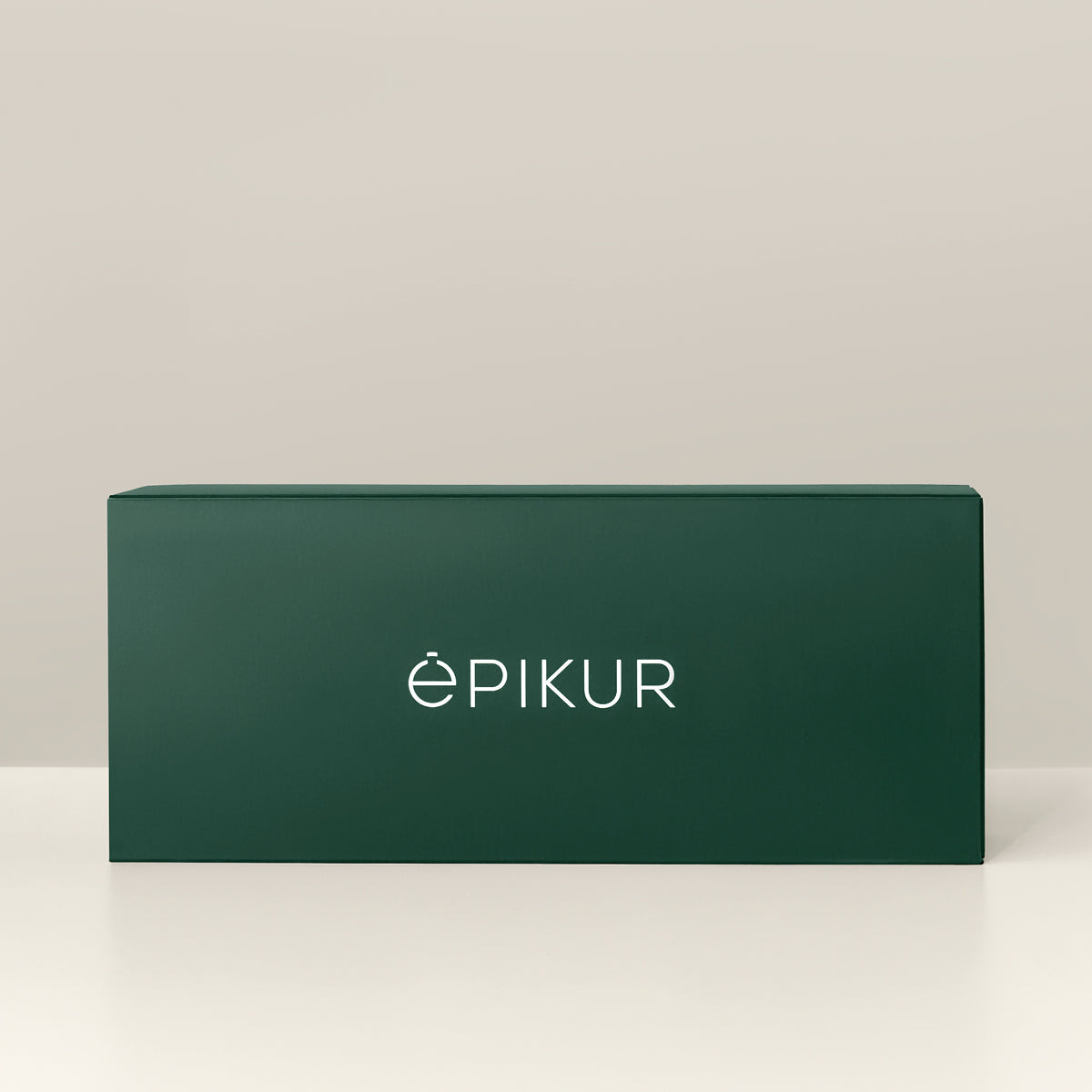Have you taken antibiotics? Here's how to restore balance to your intestinal flora.
Intestinal health and antibiotics: effects and strategies for regenerating the intestinal flora
In modern medicine, antibiotics play a crucial role in fighting bacterial infections. Despite their life-saving effects, however, they are not without side effects. One of the most important effects is on gut health, which depends on a healthy balance of intestinal flora. But what exactly happens in the gut when we take antibiotics, and how can we restore it to balance?
What is intestinal flora and why is it important?
The gut flora, also called the microbiome, consists of trillions of bacteria, viruses, and other microorganisms that live in our digestive tract. They play an essential role in digestion, vitamin production, strengthening the immune system, and even our mood. A balanced gut flora is therefore crucial for overall health.
How do antibiotics affect the intestinal flora?
Antibiotics are designed to kill bacteria or inhibit their growth. Unfortunately, they don't distinguish between pathogenic and beneficial bacteria. This means that antibiotics can:
- Disturbing the microbiome : Antibiotic treatment often reduces the diversity of intestinal bacteria.
- Promote resistance: Repeated or improper use can promote resistant bacterial strains.
- Favor the colonization of harmful bacteria: After disruption by antibiotics, pathogenic germs such as Clostridioides difficile can spread more easily.
These effects can lead to digestive problems, diarrhea and a weakened immune system.
How can you support intestinal health after antibiotic treatment?
Take probiotics: These live microorganisms help regenerate the intestinal flora. Products containing Lactobacillus and Bifidobacterium are particularly beneficial. Epikur contains 28 live, precisely selected bacterial strains combined with 10 beneficial herbs through a special fermentation process.
Eat fermented foods: Yogurt, sauerkraut, kefir, and kimchi contain natural probiotics.
High-fiber diet: Fiber serves as food for the beneficial bacteria in the gut. Foods such as whole grains, fruits, vegetables, and legumes promote healthy intestinal flora.
Take prebiotics: Prebiotics, a form of fiber, also provide "food" for good gut bacteria. The epikur prebiotic is characterized by an exceptional variety of ingredients that goes far beyond the usual range. It combines a unique blend of prebiotic fibers that promote the diversity of the gut microbiome. It is supplemented with a carefully selected range of vitamins and minerals such as biotin, iron, magnesium, vitamin B complex, and zinc. This combination can be particularly helpful after stressful events such as antibiotic therapy.
Reduce sugar and processed foods: These can promote harmful bacteria in the gut.
Be patient: The regeneration of the intestinal flora can take several weeks or even months.
Can antibiotics be avoided?
Antibiotics should only be used when medically necessary. They are ineffective against viral infections such as the common cold. A conscious decision to use antibiotics helps reduce the negative effects on the intestinal flora.
Boost your microbiome and regenerate your intestinal flora with epikur
Probiotics support the healthy balance of bacteria in the gut by increasing the number of good bacteria. Prebiotics serve as a food source for these bacteria and promote their growth. epikur combines both probiotics and prebiotics and supplements them with a vitamin and mineral complex and high-quality linseed oil with a high omega-3 content . All ingredients are of the highest quality to provide your body with the best possible support.
This powerful and diverse combination helps you rebalance your intestinal flora after antibiotic treatment .
epikur Trilogy
For your intestinal health.





